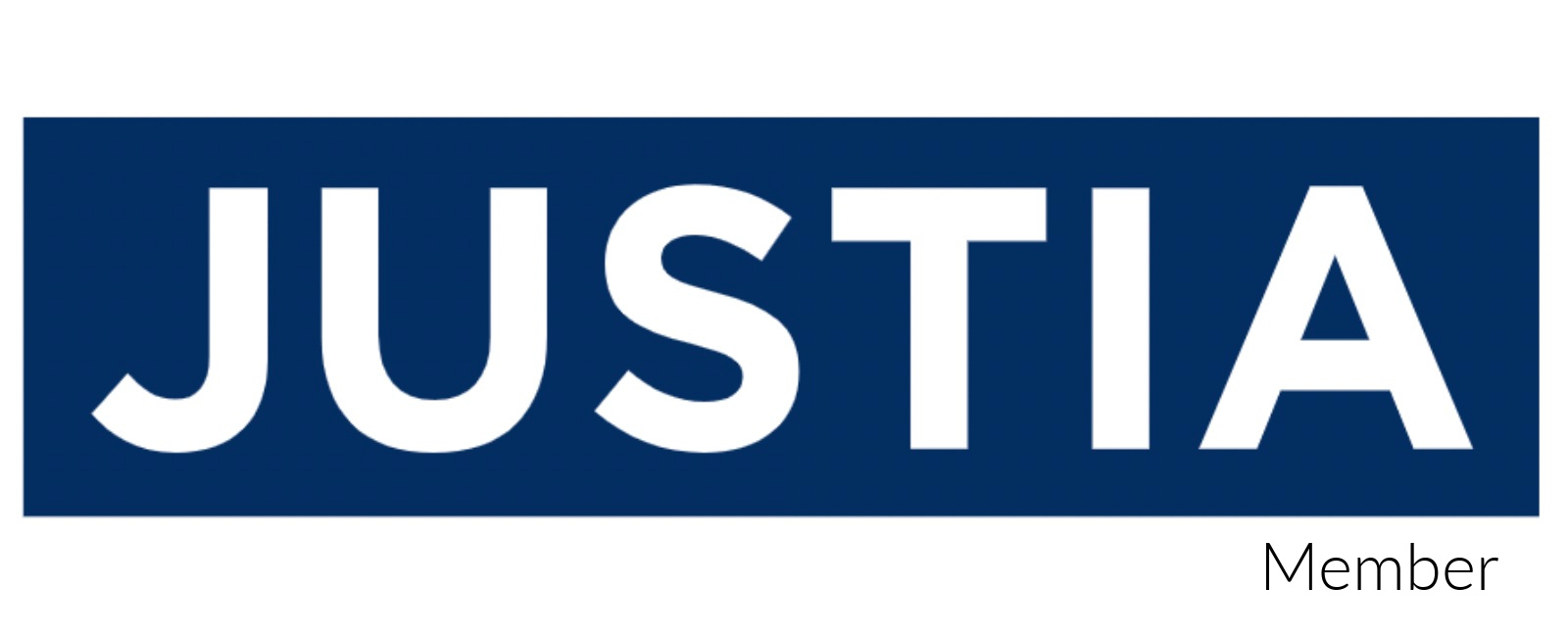- Contact Us Now: (877) 276-5084 Tap Here to Call Us
Trade Secret Protection for Leads in a Database
Vondran Legal® – Trade Secret Mediation, Arbitration & Litigation
A database of customer leads can be protected as a trade secret if it meets certain criteria. Specifically, the information must not be readily ascertainable through public sources, and the company must have expended significant effort in compiling the list, making it more valuable than publicly available information. Additionally, the company must take reasonable measures to maintain the secrecy of the information.
For instance, in the Ninth Circuit, the case of MAI Systems Corp. v. Peak Computer, Inc. established that a customer database has potential economic value because it allows a competitor to direct its sales efforts to those potential customers already using the plaintiff’s system. The court emphasized that the database was protected because the company took reasonable steps to ensure its secrecy, such as requiring employees to sign confidentiality agreements
- PMMR, Inc. v. Chaloner, 2015 U.S. Dist. LEXIS 189222(CENTRAL DISTRICT OF CA CASE)
- Cole Asia Bus. Ctr., Inc. v. Manning, 2013 U.S. Dist. LEXIS 85818. (CENTRAL DISTRICT OF CA CASE)
Similarly, in Morlife, Inc. v. Perry, the court found that a customer list could be protected as a trade secret if the employer expended time and effort identifying customers with particular needs or characteristics. The court noted that the more difficult the information is to obtain and the more resources expended in gathering it, the more likely it is to be considered a trade secret.
- Morlife, Inc. v. Perry, 56 Cal. App. 4th 1514 (CA FIRST APPELATE DISTRICT)
- Pyro Spectaculars North, Inc. v. Souza, 861 F. Supp. 2d 1079 (EASTERN DISTRICT OF CA)
- Barney v. Burrow, 558 F. Supp. 2d 1066(EASTERN DISTRICT OF CA)
To protect such a database, companies should implement measures like password protection, limiting access to certain employees, and requiring confidentiality agreements. For example, in Chartwell Staffing Services v. Atlantic Solutions Group Inc., the court found that the company took reasonable measures to keep its customer information secret by using passwords, restricting access, and having employees sign confidentiality agreements.
- Chartwell Staffing Servs. v. Atl. Solutions Grp. Inc., 2019 U.S. Dist. LEXIS 84723. (CENTRAL DISTRICT OF CA CASE)
Additionally, the California Uniform Trade Secrets Act (CUTSA) defines a trade secret as information that derives independent economic value from not being generally known to the public and is subject to reasonable efforts to maintain its secrecy
- Reeves v. Hanlon, 33 Cal. 4th 1140 (SUPREME COURT OF CA)
- Wescom Fin. Servs., LLC v. Soler-Conklin, 2023 U.S. Dist. LEXIS 189940. (CENTRAL DISTRICT OF CA CASE)
In conclusion, for a database of customer leads to be protected, it must be compiled through significant effort, not be readily available through public sources, and the company must take reasonable steps to maintain its secrecy. These measures ensure that the information retains its economic value and competitive advantage









